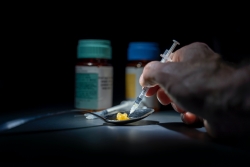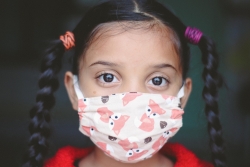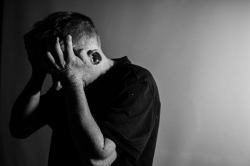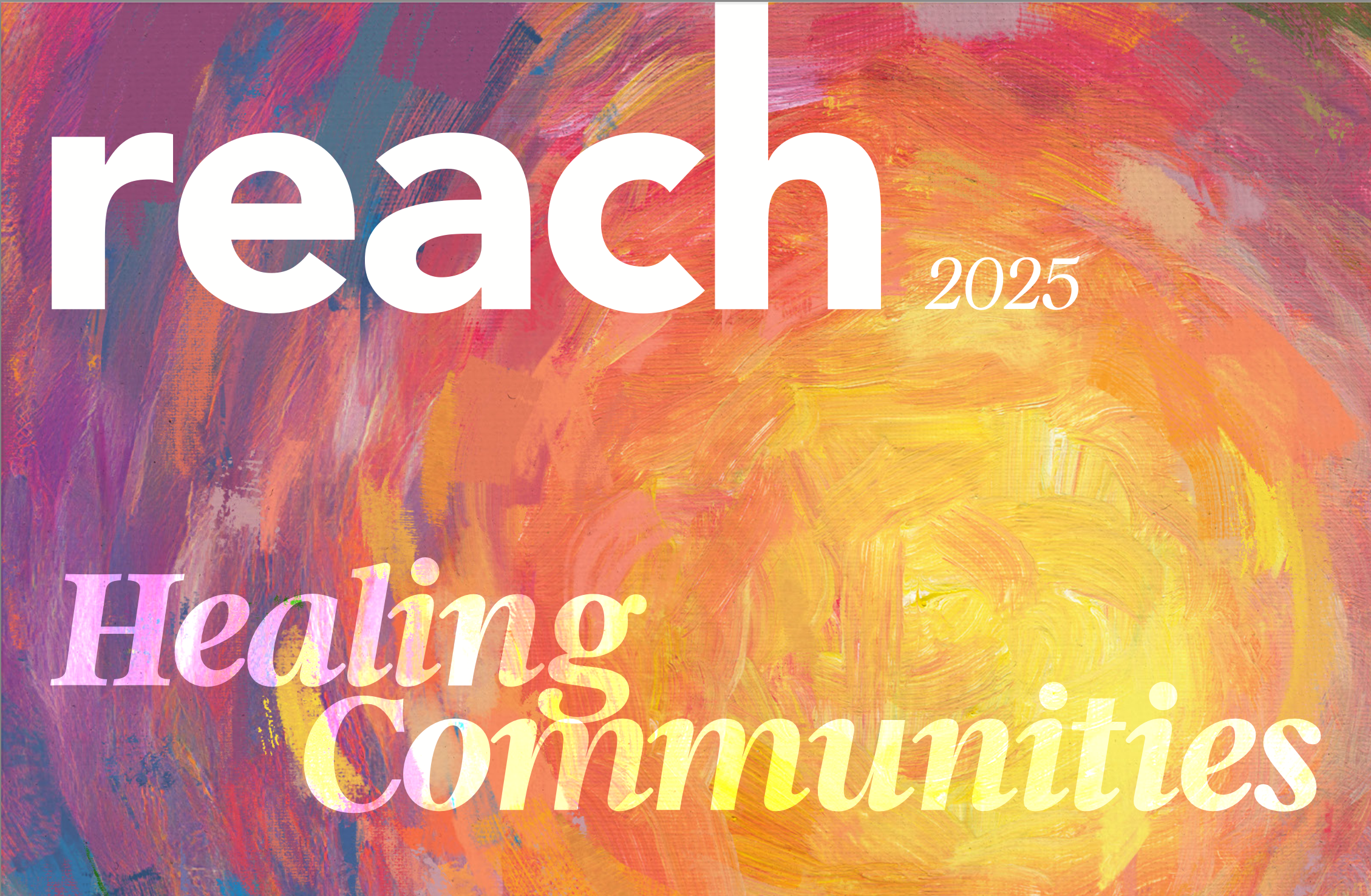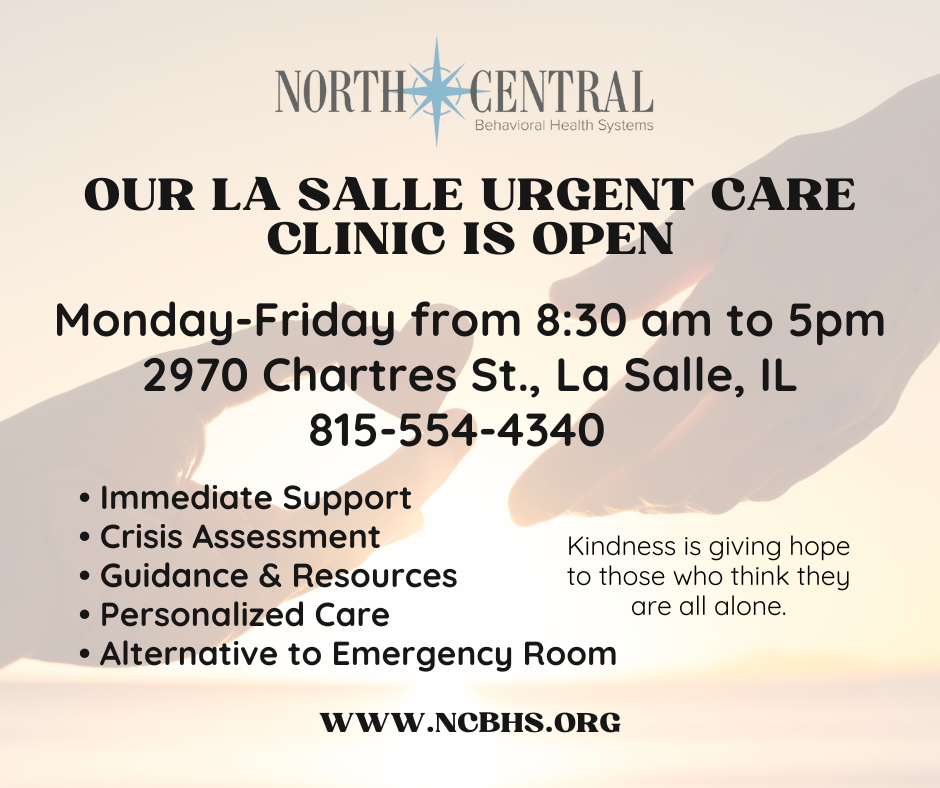Returning to life as the COVID-19 restrictions loosen may be much harder than anyone had expected. The experts refer to this as a “new normal” but it is not clear what this may mean for all of us emotionally.
We as human beings are social creatures whose most basic needs include the need for being socially connected. If you or someone you know is in recovery from a substance use disorder, you know that being able to connect to other individuals in recovery is an important component to maintaining sobriety. During this time of uncertainty with the spread of COVID-19, self-isolation and boredom that comes with social distancing can trigger a relapse on drugs or alcohol.
